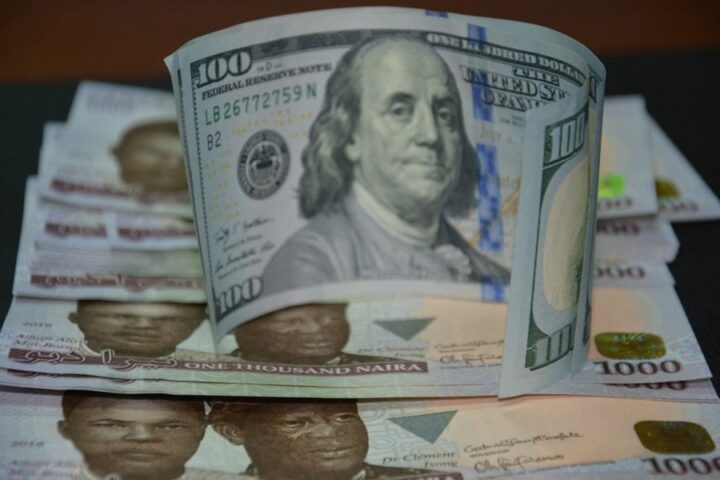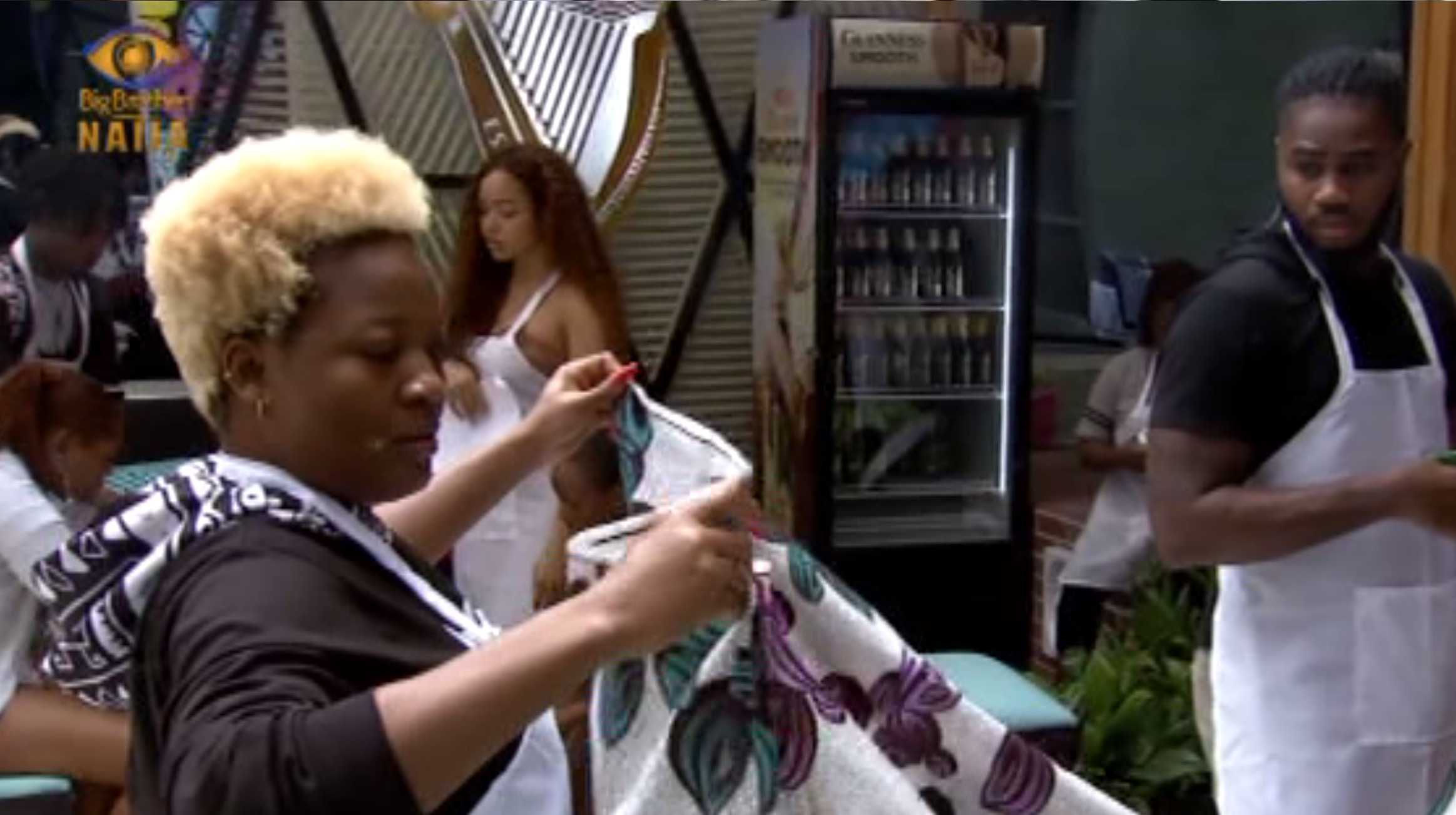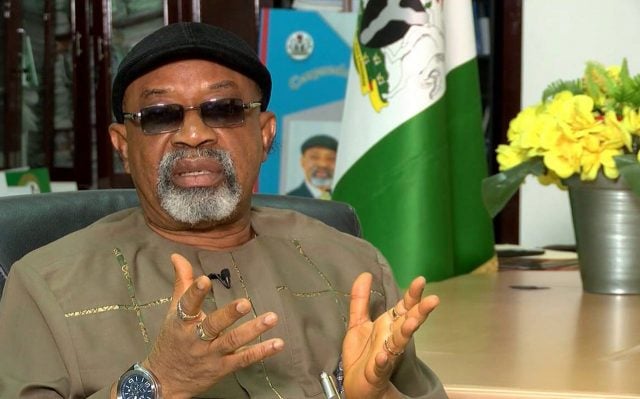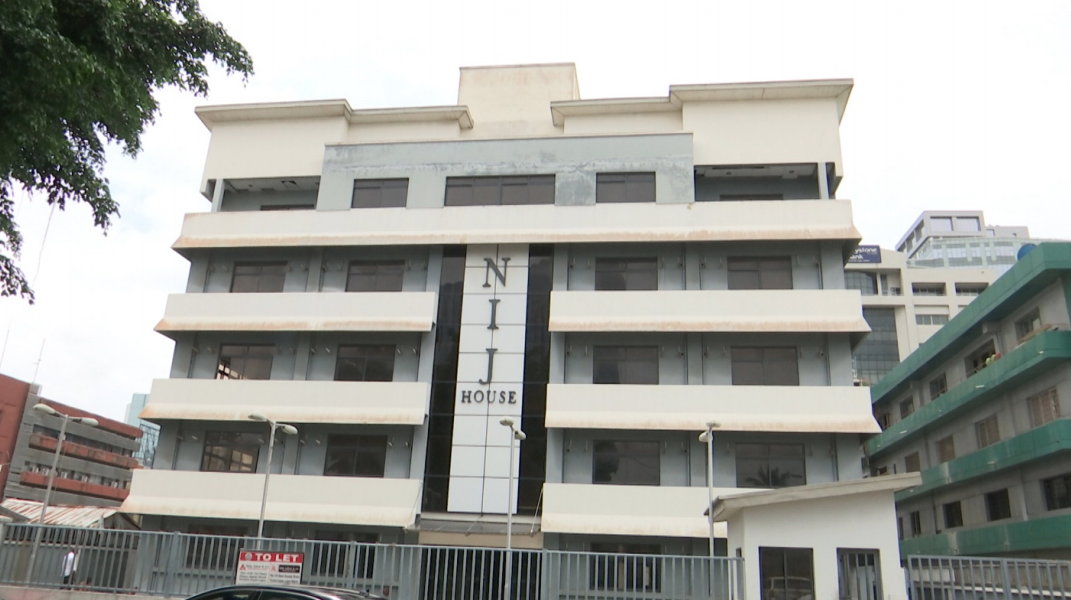As the worldwide race for a coronavirus vaccine gathers pace and fiscal stimulus uplifts global sentiment, investors seem to be favouring riskier currencies at the expense of the dollar.
The Nigerian naira has struggled to exploit the improving market mood, with the local currency weakening to N472 to a dollar at the parallel market in Lagos.
Africa’s largest economy remains entangled in a fierce battle against the coronavirus menace.
Even before the health crises infected Nigeria, the economy was dealing with uncertainty triggered by domestic and external risks. 2020 will be a critical year for Nigeria, at the country juggles with volatile oil prices, rising inflationary pressures and wounds inflicted from strict lockdowns.
Advertisement
The Central Bank of Nigeria has cut interest rates only once since the start of 2020 to stimulate consumption and support growth. Despite this, the economy is still projected to contract as much as 5.4 percent this year.
With inflation jumping to its highest level since March 2018 at 12.56 percent, the CBN is unlikely to cut interest rates anytime soon.
Looking at the technical picture, the naira is likely to remain depressed despite the dollar weakening across the board. In the face of dollar shortages and shaky oil prices, the naira could find itself exposed to downside shocks.
Advertisement
Will the naira depreciate towards N500 on the parallel markets? Time will tell.
Add a comment







